DALLAS — Delta Air Lines (DL) has taken a firm stance against paying tariffs on incoming Airbus aircraft, setting a potential precedent for how other US carriers might respond to President White House's recent trade policies.
As of April 13, 2025, the aviation industry is facing significant uncertainty as airlines evaluate how to manage aircraft deliveries in a ti-for-tat tariff environment.
While DL has been vocal about its position, other major US carriers have been more reserved in their public statements, with United Airlines (UA) offering the only other significant commentary among major carriers.
Delta's Hard-Line Position on Tariffs
Delta Air Lines CEO Ed Bastian has unequivocally stated that the airline will not absorb any tariff costs imposed on new Airbus aircraft deliveries. During Delta's Q1 earnings call, Bastian emphasized this position in no uncertain terms: "We will not be paying tariffs on any aircraft deliveries we take." The Atlanta-based carrier has explicitly told Airbus it would defer any deliveries subject to tariffs rather than accept the additional costs.
Even while the aviation industry has not been specifically targeted for taxes, tariff confusion runs the possibility of delaying supplies of both planes and their engines, which are often bought by U.S. buyers years in advance.
Delta's decision is significant given that DL is in the midst of a major fleet renewal program with heavy reliance on Airbus aircraft. The current 10% tariff, paused for at least 90 days, threatens DL's scheduled deliveries of A350-1000 and A330-900 aircraft, and may even impact its A220 deliveries, despite final assembly of those planes being completed in the USA.
Delta's CEO has indicated that the mathematics of aircraft acquisition simply don't work with an additional 20% cost burden. "The times are pretty uncertain. And if you start to put a 20% incremental cost on top of an aircraft, it gets very difficult to make that math work," liveandletsfly.com cites Bastian saying during the earnings call. The airline projects it will receive 43 planes from Airbus by the end of 2025, many of which are expected to come from production facilities outside the United States.
This hard-line position creates tension in DL's relationship with Airbus, as the European manufacturer has previously indicated it might prioritize deliveries to clients outside the US if tariffs were to hinder imports according toa Reuters report. However, Bastian confirmed that Delta is "working very closely with Airbus" to find ways to minimize tariff impacts, suggesting both parties are seeking a resolution.
Delta's Fleet Strategy at Risk
Delta has placed greater reliance than ever before on Airbus-produced aircraft as part of its efforts to remain competitive and efficient. With the Boeing 737 MAX being the only Boeing series DL has committed to recently, any disruption to Airbus deliveries could delay the retirement of older, less efficient planes in DL's fleet.
This situation is particularly problematic given the industry's recent experience with supply chain issues, which have demonstrated that extended reliance on aging aircraft can have damaging effects on an airline's financial performance.
In this scenario, DL's stance represents a calculated risk that the tariffs may be short-lived or that alternative arrangements can be made with Airbus.

United Airlines' Contrasting Approach
In contrast to DL's opposition, UA CEO Scott Kirby has offered measured support for the White House's tariff policies. During a corporate event at San Francisco International Airport (SFO), Kirby characterized POTUS' policy as representing a "genuine desire to create more careers" within the United States.
"Some may disagree with the way and tactics, but the goal I think is a laudable one," Kirby stated. This perspective appears contradictory to UA's business interests, as the airline maintains extensive global operations that benefit from robust international trade.
Economic analysts note that Kirby himself has previously emphasized how airline revenue closely tracks GDP growth, making his support for policies that economists predict could reduce GDP particularly perplexing.
United's position may reflect pragmatic business considerations rather than economic conviction. The airline has demonstrated political adaptability in the past, having maintained connections across administrations and previously donated US$1 million to Trump's inauguration.
This suggests UA is prioritizing positive relationships with the administration, perhaps hoping to influence policy implementation or secure exemptions.
Broader Industry Response and Silence from Other Carriers
Notably absent from the search results are specific positions from other major US airlines such as American Airlines (AA), Southwest (WN), JetBlue (B6), or Alaska Airlines (AS) regarding the tariffs on Airbus aircraft. This silence could indicate several possibilities:
- These airlines may be adopting a wait-and-see approach before making public statements
- They might be engaging in private negotiations with manufacturers and government officials
- Some carriers with predominantly Boeing fleets may be less immediately affected by the Airbus-specific aspects of the tariffs
The lack of public commentary from other major US carriers creates uncertainty about whether DL's hard-line stance will become industry standard or remain an outlier position. Airlines typically operate with similar business models and face comparable economic pressures, suggesting others might eventually align with Delta's position if tariffs remain in place.

Airbus's Response to the Tariff Situation
Airbus has been preparing for the possibility of new US tariffs for some time. According to the New York Times, in February 2025, Airbus CEO Guillaume Faury stated that the company would "adjust accordingly" to any new tariffs, including potentially passing increased costs onto its American airline clients. This position creates direct tension with Delta's refusal to absorb these costs.
During a media briefing at Airbus's headquarters in Toulouse, France, Faury emphasized that the company, like others, is "confronting uncertainty regarding tariffs." More recently, at the Airbus Summit 2025, Faury warned that Trump's tariffs would likely be "more damaging to the US" than to Europe or elsewhere, affecting US consumers and businesses rather than European companies.
Airbus has examined various scenarios based on limited information about the tariffs. "We've looked at plenty of scenarios of what could potentially happen. In most of the cases, it's very damaging to the US industry," Faury noted. The European manufacturer's position suggests it may not be willing to simply absorb the tariff costs itself, setting up a potential standoff with US carriers like Delta.
Economic Implications of the Tariff Dispute
The tariff situation introduces unprecedented complexity into aircraft procurement decisions for US airlines. Historically, tariffs have not posed significant challenges for the aerospace sector, which has operated under a 1979 agreement that generally guarantees duty-free trade. The current situation represents a departure from decades of established practice.
The frequent adjustments to tariffs by President Trump exemplify the additional risks his policy creates for both aircraft manufacturers and airlines. In early February 2025, P threatened to impose a 25% tariff on imports from Canada and Mexico, which would have significantly increased costs for planes like the A220 assembled in Mirabel, Quebec. Just prior to implementation, Trump postponed the tariff for 30 days and later announced exemptions for goods meeting certain criteria.
This ongoing uncertainty has created significant confusion in the industry. During a recent factory meeting, Airbus informed its employees that the tariff situation was "intricate and continuously changing." The confusion has also affected related industries, with some shipments of RTX engines from Canadian operations to US customers facing temporary delays as the company worked to secure documentation proving compliance with trade agreements.
Conclusion
Delta Air Lines has established a clear position of refusing to pay tariffs on incoming Airbus aircraft, preferring to defer deliveries rather than absorb the additional costs. This stance contrasts with UA's more accommodating approach to the White House administration's tariff policies. Other major US carriers have yet to make their positions publicly known, creating uncertainty about how the broader industry will respond.
The situation represents a complex challenge for US airlines, Airbus, and the aviation industry as a whole. As tariff policies continue to evolve, airlines are also taking a pause to consider how to balance their fleet renewal strategies against potential cost increases and delivery uncertainties. The resolution of this standoff between DL and Airbus could set important precedents for how international trade policies impact the global aviation market moving forward.
Whether DL's firm stance will prove effective or whether other approaches might emerge remains to be seen as the situation develops. What is clear is that the current tariff situation has introduced significant volatility into aircraft procurement decisions, potentially disrupting long-established patterns of global aerospace cooperation.
Stay connected at every stop along your journey! Get any Saily mobile data plan at 5% off with the code AIRWAYSMAG5 + up to 5GB free!


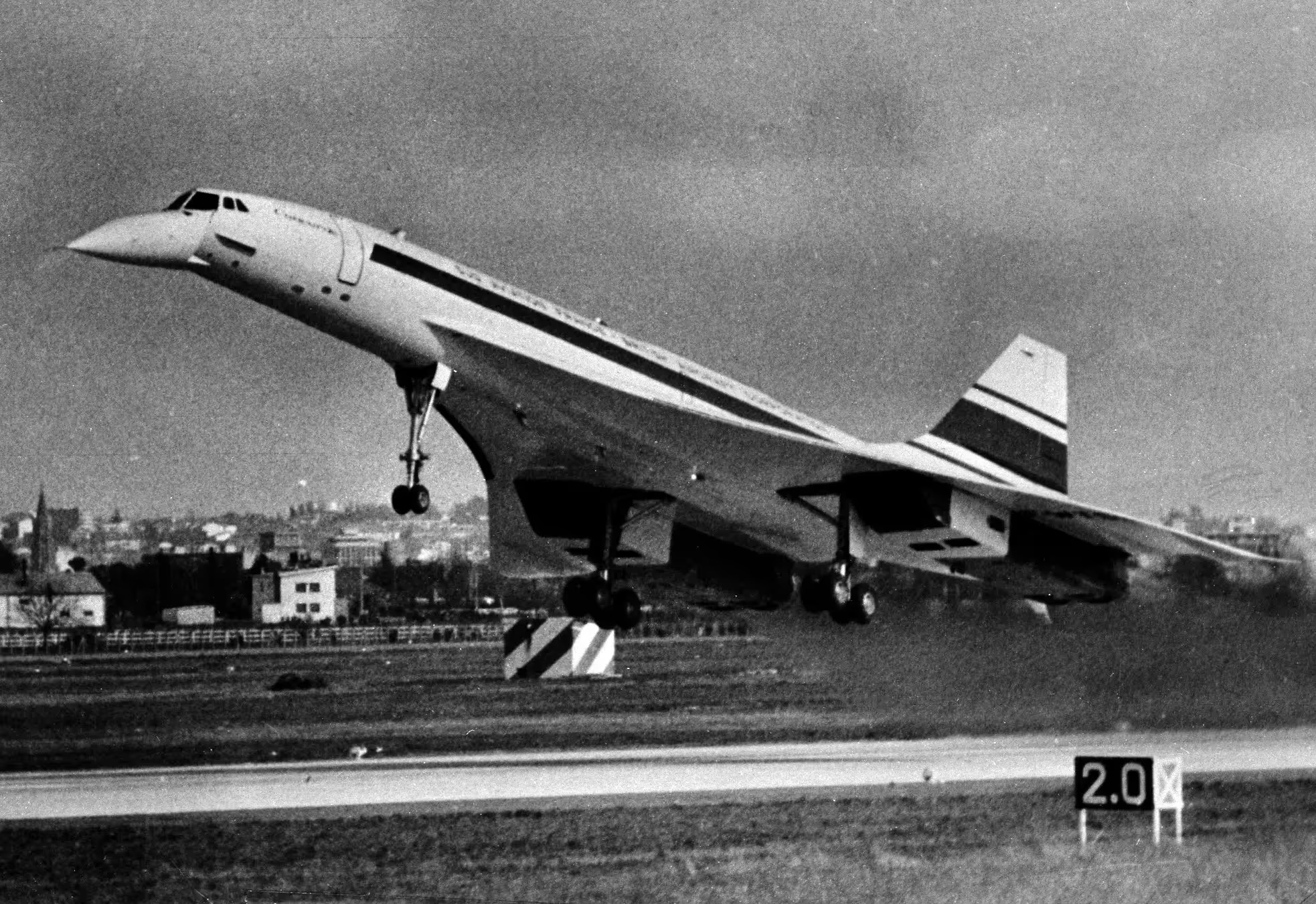
.avif)
.avif)
.avif)
.avif)
.avif)
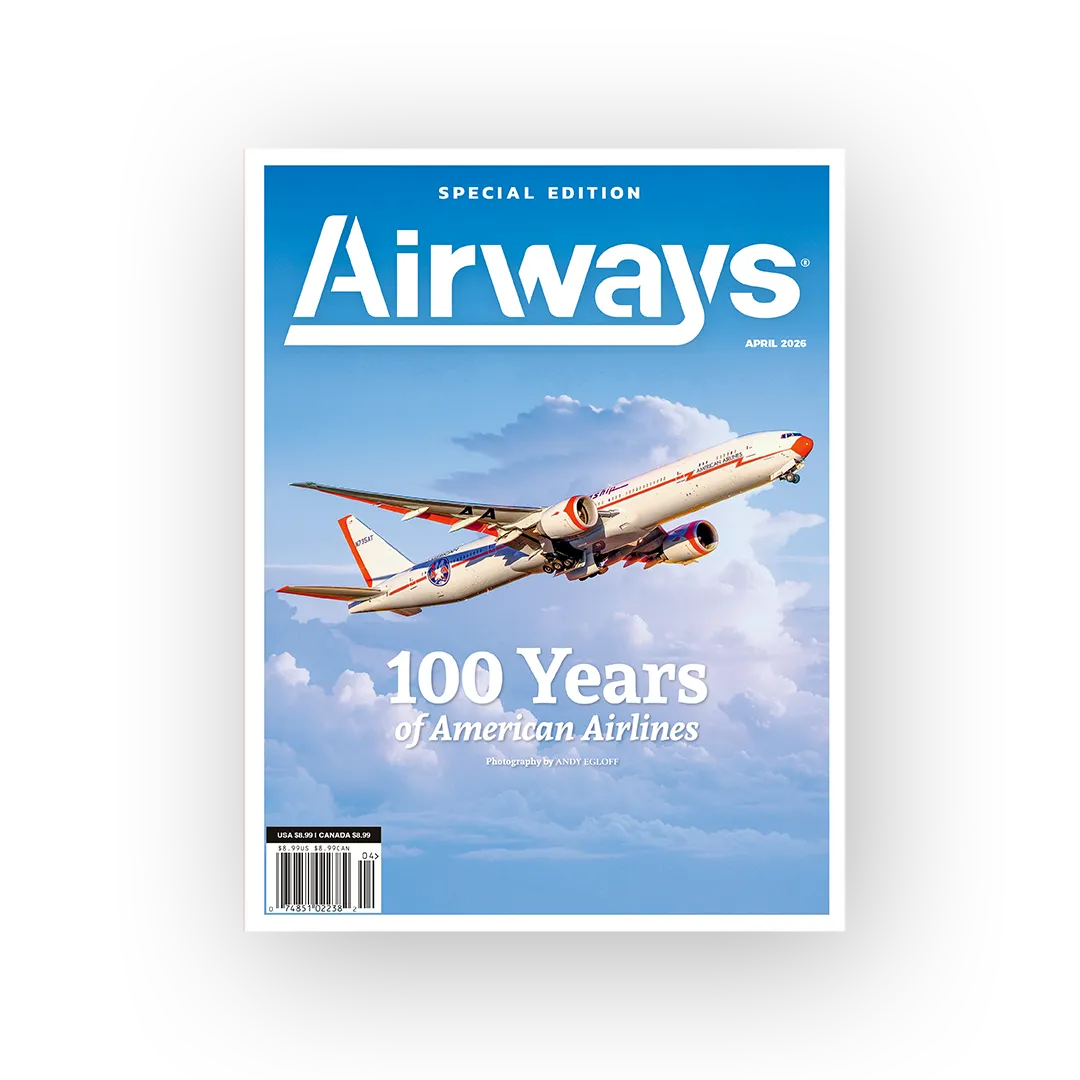
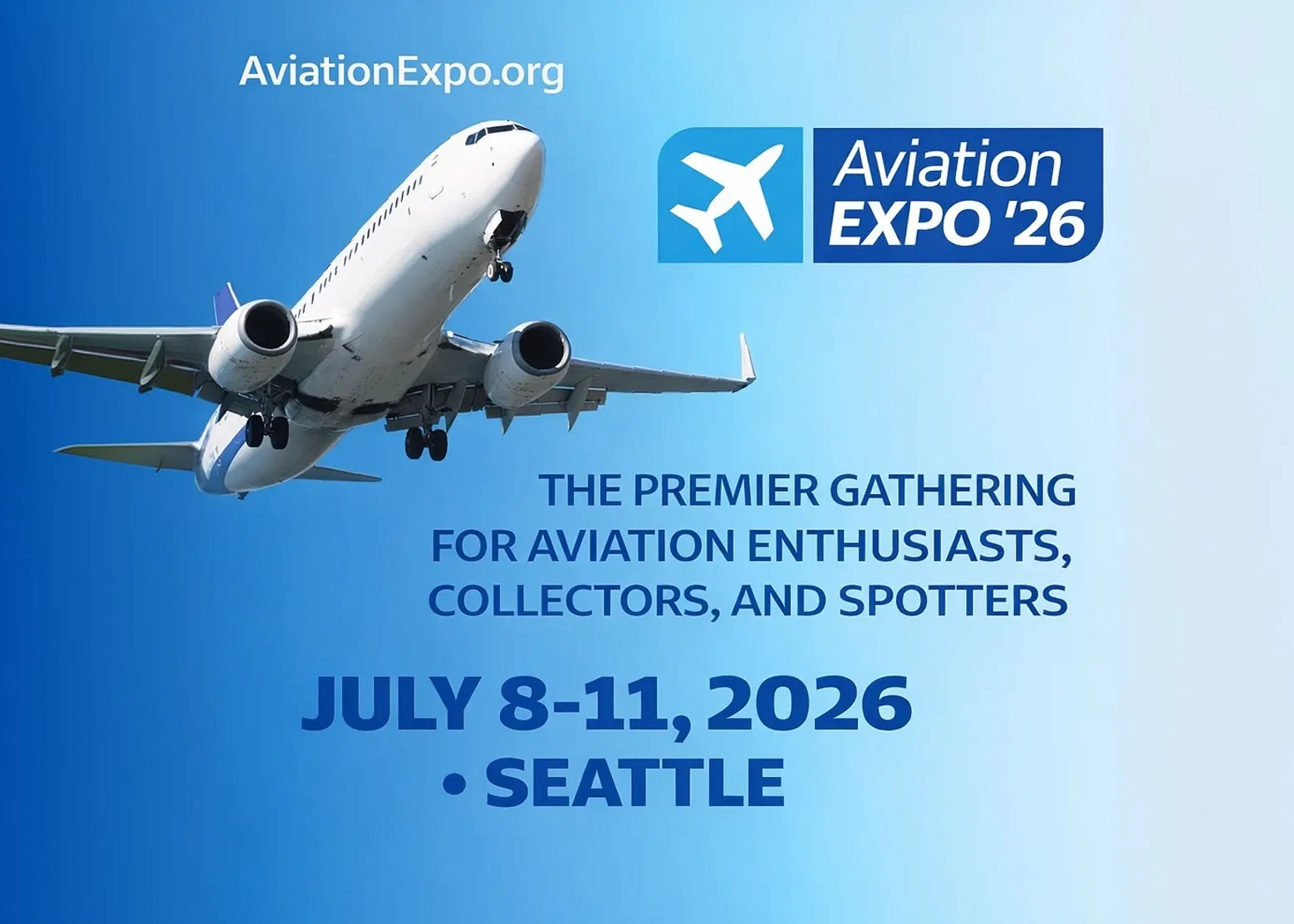
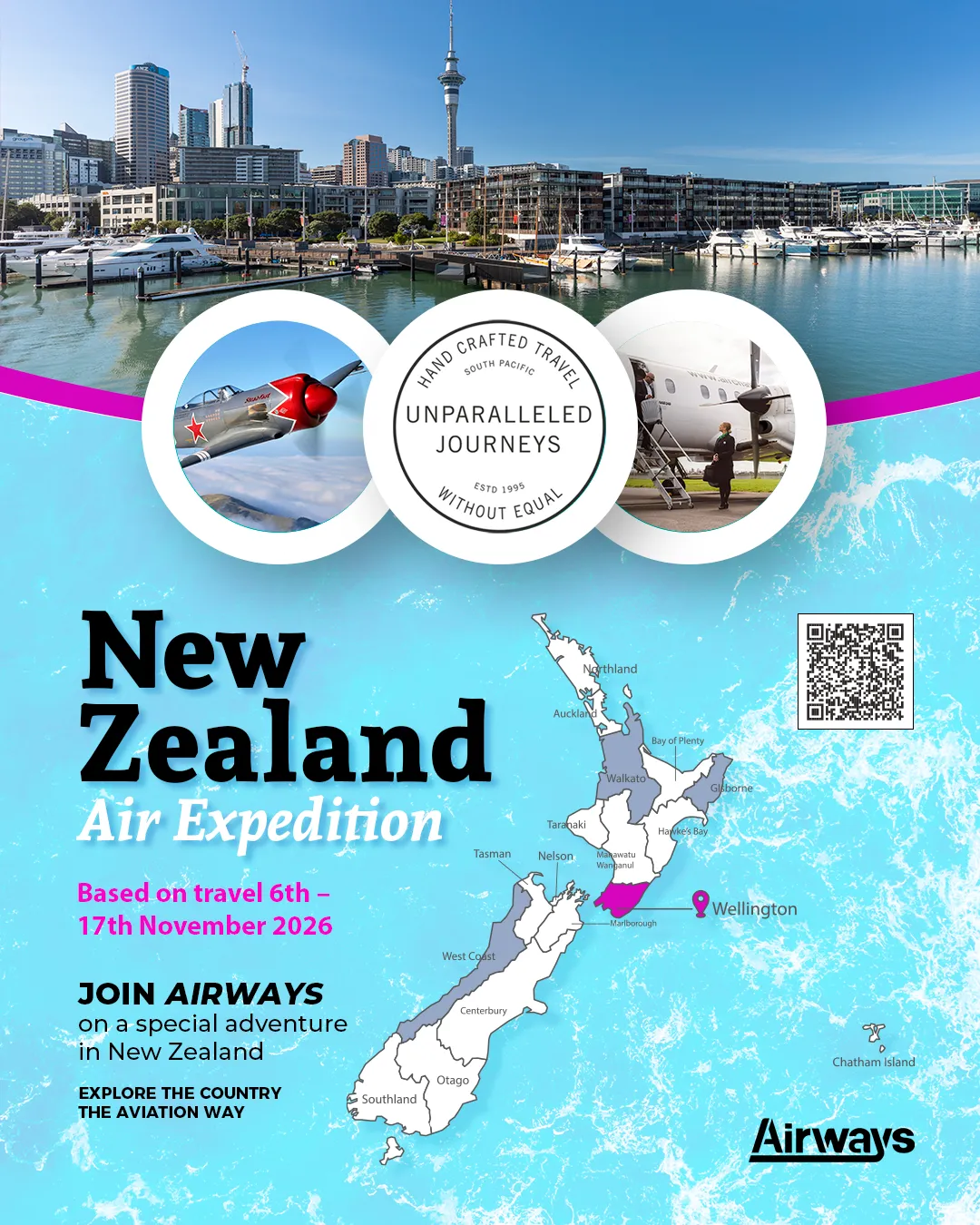
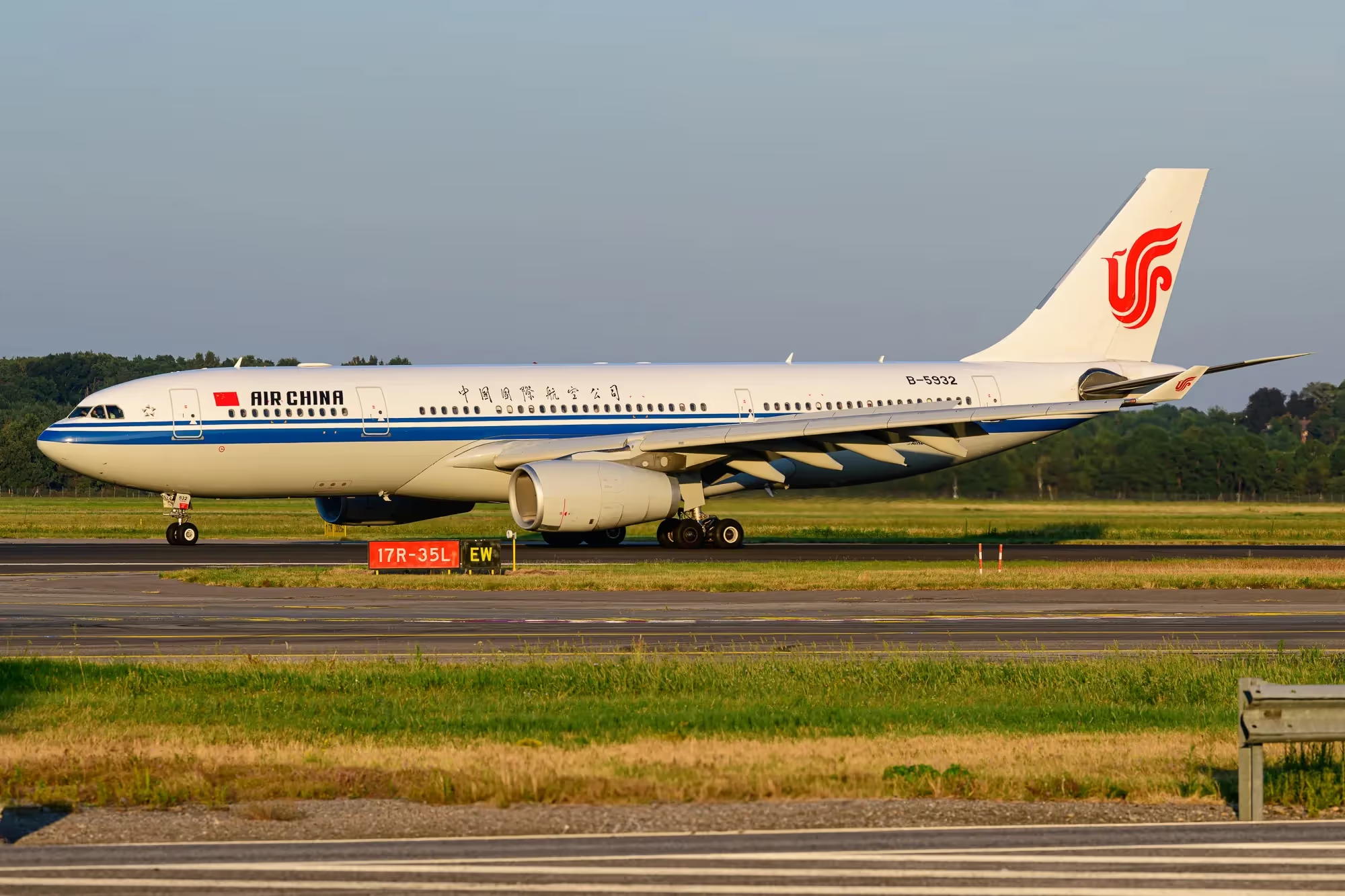
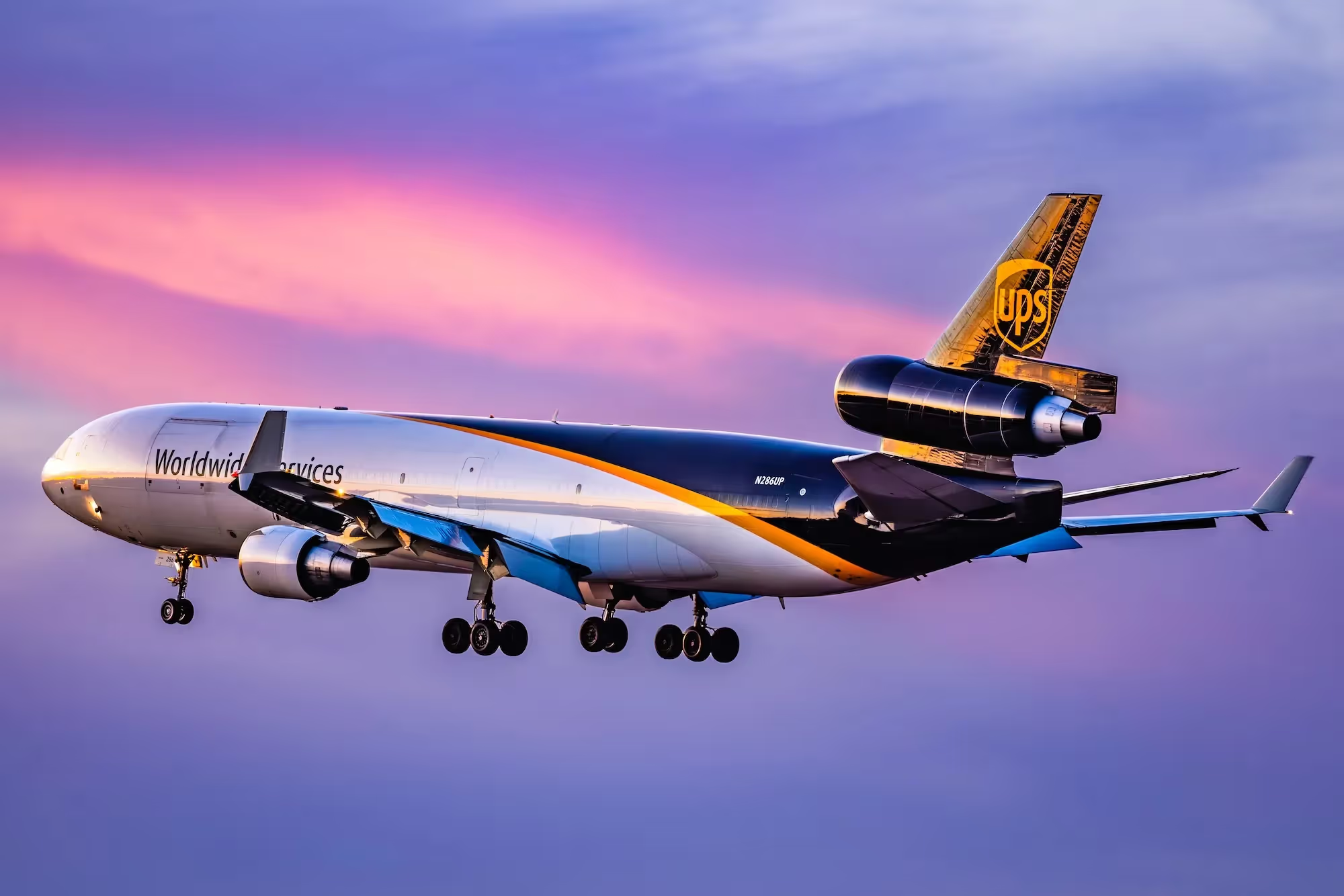
.avif)